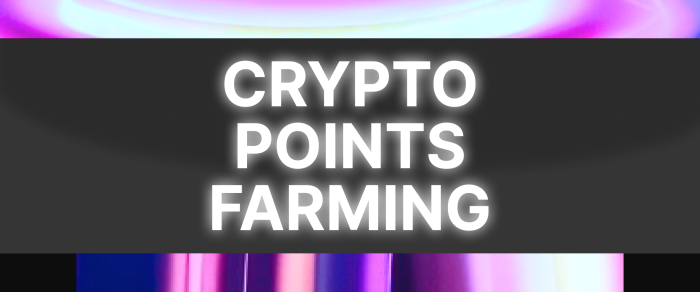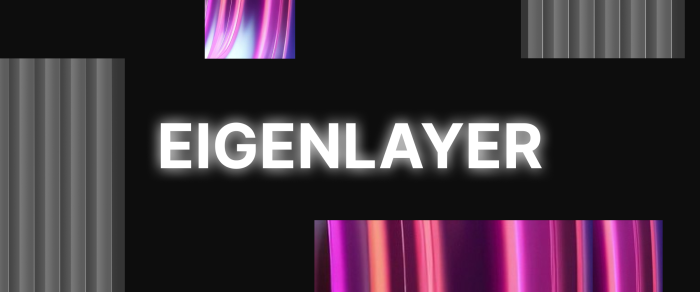Who Is Coffeezilla? – The YouTuber Who Exposes Cryptocurrency Scams
Coffeezilla has become a household name in the world of cryptocurrency. With the rapid growth of online income opportunities, many have fallen victim to financial fraud and deception. But Coffeezilla is fighting back, armed with his investigative skills and passion for exposing scams. Through his popular YouTube channel, he has gained a reputation for uncovering the truth behind pump-and-dump schemes and other fraudulent activities in the Web3 space.
In this article, we’ll take a closer look at Coffeezilla’s background, motivations, and notable achievements in exposing crypto fraudsters.
Key Takeaways:
- Coffeezilla is a big YouTuber with 3 million subscribers who investigate scams in the crypto industry.
- His motivation to expose scams and fraudulent activities stems from personal experiences and a desire to hold scammers accountable.
- The most notable scams exposed by Coffezeela were CryptoZoo, SafeMoon, and Save the Kids.
- Coffeezilla is an independent sleuth in the crypto space who fights to increase accountability and create awareness of fraudulent schemes.
Who is Coffeezilla?
Coffeezilla, or Stephen Findeisen, is a 38-year-old American journalist and a well-known figure in the crypto community. But his journey to becoming a popular YouTuber and exposing online scams was not an easy one.

Born and raised in the United States, Coffeezilla initially pursued a degree in Chemical Engineering at Texas A&M University. Before diving into the world of YouTube, he worked as a real estate agent, selling houses for a local builder. However, his passion for uncovering the truth and exposing scams led him down a different path.
In 2018, he created his YouTube channel and began uploading videos under the pseudonym “Coffeezilla.”
At first, Coffeezilla’s videos mainly centered around multi-level marketing and science schemes. While these videos slowly gained him a following, it wasn’t until he started calling out fake gurus that his channel truly took off. His sharp commentary on popular figures like Logan Paul, TechLead, Ricky and Gutierrez resonated with viewers and attracted more subscribers to his channel.

As his channel grew, Coffeezilla began tackling more complex and controversial topics. He became known for his in-depth research and investigations into various online scams, particularly in the realm of cryptocurrency.
Stephen’s dedication to uncovering the truth and protecting his audience from fraudulent individuals has earned him over three million subscribers on YouTube. Despite even being doxxed in 2020, with his old address, phone number, and full name becoming public, he continues to fearlessly expose scams and educate others about how to protect themselves online.
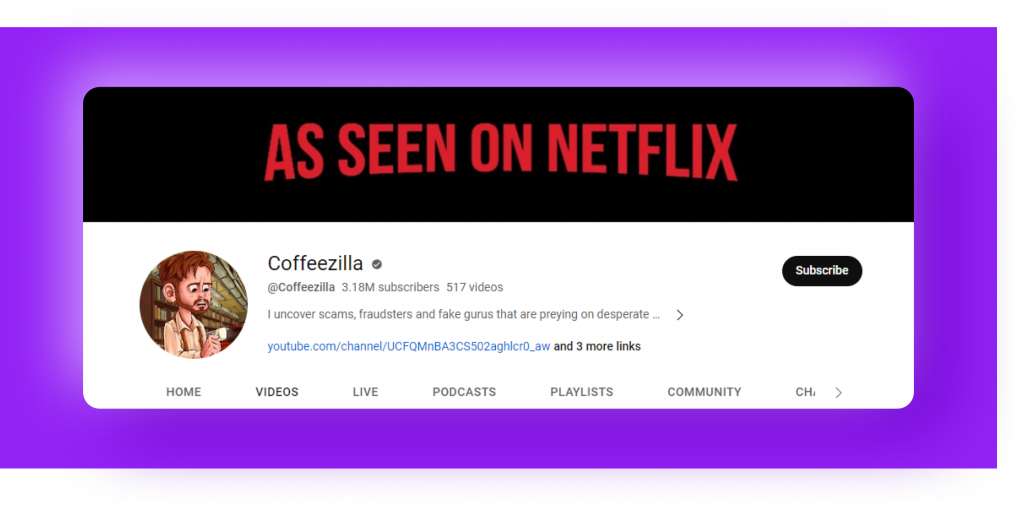
Investigating Scams and Exposing Fake Gurus
Coffeezilla’s content revolves around in-depth investigations and analysis of individuals, influencers, and projects within the crypto industry. He meticulously researches and presents his findings to educate his viewers about potential scams and pitfalls they may encounter.
His work has exposed several notable scams and individuals involved in pump-and-dump schemes. Some of the influencers and projects he has called out include Logan Paul, TechLead, Ricky Gutierrez, Dan Lok, and Dillon Danis. Stephen’s critical approach and dedication to uncovering the truth have earned him a reputation as one of the most prominent crypto investigators.
What Motivated Coffeezilla to Start a YouTube Investigator Career?
Coffeezilla’s motivation to expose scams and fraudulent activities stems from personal experiences and a desire to hold scammers accountable.
In a podcast with Lex Freidman, he explained how he witnessed his mother being targeted by snake oil salesmen peddling false health cures, which left a lasting impact on him. Additionally, he observed friends falling victim to multi-level marketing schemes and ineffective financial advice, further fueling his determination to expose scams and educate the public.
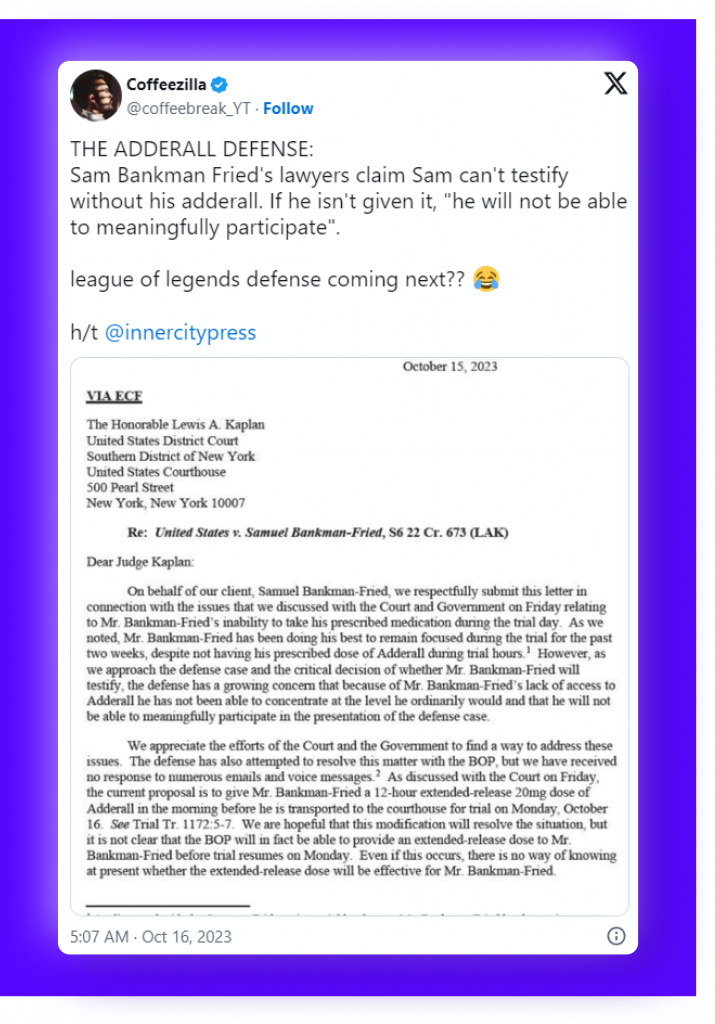
In the largely unregulated world of crypto, independent investigators like Coffeezilla play a crucial role in increasing accountability and creating awareness of fraudulent practices. Their work helps protect users from falling victim to scams and promotes a safer and more welcoming environment within the crypto industry.
How Much Does Coffeezilla Earn?
How much does Coffeezilla actually make? While the exact figures are not publicly disclosed, it is estimated that his channel, with over 3 million subscribers and an average of 8 million monthly views, generates around $10,000 in monthly income through advertisements alone. However, this number can vary depending on factors such as engagement, views, and performance of his videos.
But Coffeezilla’s income doesn’t just stop at YouTube ads. He also has a Patreon account, where his supporters can contribute $5 monthly to gain access to exclusive content. Moreover, limited merchandise sales related to his channel also contributed to his revenue.
While the exact figures of his income are not publicly disclosed, it is evident that Coffeezilla has achieved financial success through his YouTube career.
Notable Scams Exposed by Coffeezilla
Coffeezilla’s investigative work has led to the exposure of several high-profile scams within the crypto industry. Among the most notable are:
CryptoZoo and Logan Paul
In August 2021, Coffeezilla set his sights on CryptoZoo, a project endorsed by popular YouTuber and influencer Logan Paul.
Pitched as a play-to-earn game, CryptoZoo offered NFTs (non-fungible tokens) in the form of handmade art to players. The concept was similar to that of Pokemon, where players could hatch eggs to reveal different animals and create hybrid species to sell them for $ZOO tokens.
With Logan Paul promoting it as a way for players to earn real income within the game, many jumped on board when CryptoZoo launched in September 2021.

As Coffeezilla later exposed in his three-part series on CryptoZoo, what seemed like a promising project turned out to be nothing more than a well-crafted scam. He specifically called out Logan Paul’s team for cashing out early and making millions while leaving investors in the dust.
Initially, Logan Paul responded to Coffeezilla’s allegations with threats of legal action. However, he never followed through and instead deleted the video and issued an apology to both Coffeezilla and those who invested in CryptoZoo. He promised refunds from his own ETH supply as well as a $1.3 million reward program to recoup investors’ losses, along with burning all his tokens.
Despite Coffeezilla’s repeated attempts to get refunds for users after uncovering the scam, Logan Paul has yet to reimburse his supporters. A class action lawsuit was subsequently filed against Logan Paul and his team for their involvement in CryptoZoo. According to the lawsuit, the customers were unaware that the game either didn’t work or never existed, and the defendants manipulated the digital currency market for ZOO Tokens to their advantage.
Save the Kids Token
The Save the Kids controversy that rocked the internet in June of 2021 shed light on the murky world of influencer-backed cryptocurrencies. Promoted by Faze Clan members Kay, Teeqo, Jarvis Nikan, and others, the Save the Kids token was marketed as a charitable project with the potential for massive gains. However, it quickly became apparent that this was not the case.

Coffeezilla uncovered evidence of a pump-and-dump scheme, where influential figures were used to boost the price of the token before dumping their shares for huge profits. As a result, the Save the Kids token crashed and left many investors in financial ruin.
But it wasn’t just investors who were affected by this scandal. Coffeezilla’s subsequent investigations raised questions about the involvement of the influencers themselves. Many deleted their promotional tweets and claimed ignorance of the “rug pull” – a term used in the crypto world to describe a scam where developers abandon a project and run off with investors’ money.
One of the most notable figures involved was Faze Kay, who was eventually expelled from Faze Clan for his role in the Save the Kids project. Coffeezilla’s findings showed that Kay had dumped all of his Save the Kids tokens immediately after launch and had a history of malicious selling behavior. This revelation not only exposed the true intentions behind Save the Kids but also sparked further discussions about the responsibility of influencers when it comes to promoting potentially risky investments to their followers.
Dillon Danis and Fake NFTs
The world of social media influencers is a lucrative one, with millions of followers hanging on every word and recommendation. Among them are athletes, musicians, actors, and even ex-MMA fighters like Dillon Danis. With over 800,000 followers on Twitter and two million on Instagram, Danis has a huge reach and influence on his audience.
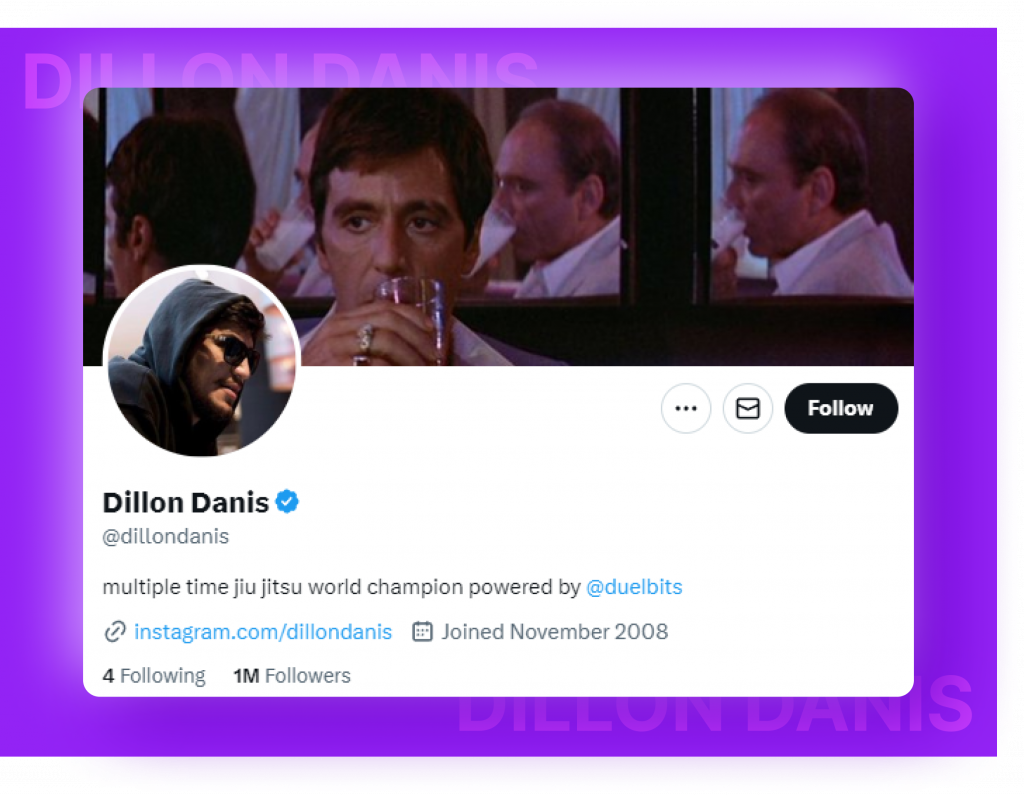
In February 2023, Coffeezilla released a video titled “I Scammed Dillon Danis,” where he revealed that he paid the influencer $1,000 to promote a fake NFT project. The project was a clear scam, as Coffeezilla literally copied CryptoZoo’s whitepaper and even included screenshots of all the scam tweets Danis had previously posted on Twitter on the website of the project:

Surprisingly, Danis did zero due diligence and promoted the project on his social media accounts.
Coffeezilla, with the help of crypto sleuth ZachXBT, found over 20 other projects that Danis had promoted, many of which turned out to be scams and rug pulls. It was evident that Danis did not research nor vet anything he promoted, leaving his followers vulnerable to potential financial losses.
SafeMoon Pump-and-Dump Allegations
In 2021, one token gained significant attention – SafeMoon. Endorsed by celebrities such as Lil’ Yachty, Nick Carter, and Logan Paul, the Binance Smart Chain-based token quickly became a hot topic among investors.
On the surface, SafeMoon appeared to offer a unique and lucrative reward system for its holders. The token charged a 10% fee on all transactions, with 5% being distributed to existing SafeMoon holders and the other half going towards liquidity pools. This system was designed to incentivize long-term investment and discourage short-term selling.
In April 2022, Coffeezilla began a series of videos investigating SafeMoon and its creators. His investigation revealed that the founder of SafeMoon was slowly but surely pulling the rug out from under investors’ feet. Despite claims from the project leaders that a rug pull was impossible, it became clear that they had used source code from another token that had also been rug-pulled.
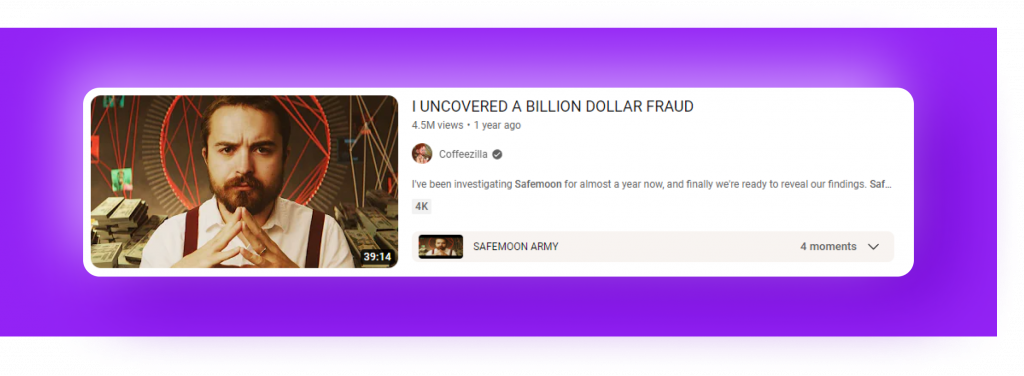
As news of the scandal broke, a class action lawsuit was filed against the creators of SafeMoon and the influencers who had promoted it. They were accused of “pumping and dumping” the coin, manipulating its value for their own gain.
Sam Bankman-Fried and FTX
In the world of cryptocurrency, the name Sam Bankman-Fried, the founder and the former CEO of the FTX exchange, was once synonymous with success. However, everything changed when his platform FTX collapsed and filed for bankruptcy in November 2022.
It was revealed that Bankman-Fried had diverted customer funds from FTX to his hedge fund company, Alameda Research, and allegedly misappropriated funds for personal gain. This not only led to bankruptcy but also caused significant harm to millions of investors who trusted Bankman-Fried and his platform. As a result, Sam Bankman-Fried was arrested and charged with multiple counts of fraud.
One of the most interesting revelations comes from Coffeezilla’s interviews with Bankman-Fried. In one of these interviews, Bankman-Fried had admitted to co-mingling funds from FTX.
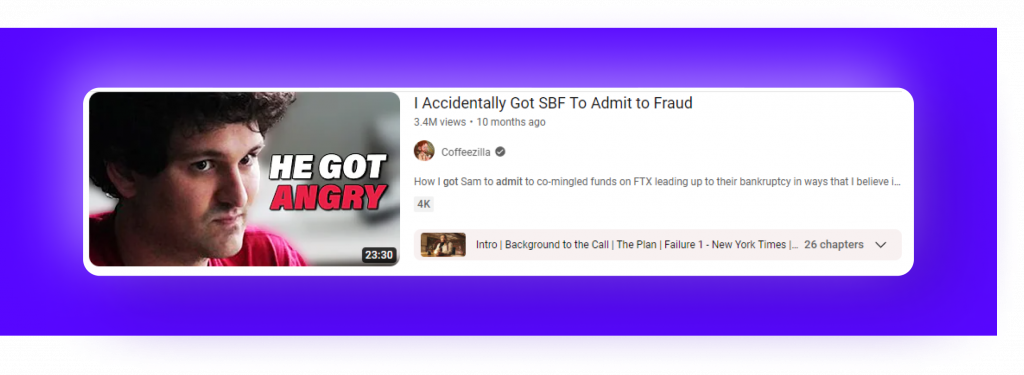
The Importance of Coffeezilla’s Work
Coffeezilla’s work is crucial in an industry lacking proper regulation and oversight. By exposing scams and fraudulent practices, Coffeezilla helps protect users and promotes a safer and more legitimate crypto space.
Independent investigators like Coffeezilla contribute to building trust and transparency within the industry. Their efforts encourage responsible behavior among influencers, developers, and projects, ultimately fostering a more welcoming and trustworthy environment for crypto enthusiasts and beginners.
FAQs
How old is Coffeezilla?
Coffeezilla, whose real name is Stephen Findeisen, was born on August 20, 1985. Therefore, as of 2023, Coffeezilla’s age is currently 38 years old.
Is Coffeezilla a troll?
Coffeezilla is an independent investigative journalist and content creator focused on exposing scams and fraudulent practices in the crypto industry. While his humorous and satirical style may come across as trolling, Coffeezilla’s work is driven by a genuine desire to inform and protect others in the space.
Where can I find more of Coffeezilla’s content?
Coffeezilla’s content can be found on his YouTube channel. Additionally, he can be found on Twitter and Instagram, where he shares updates and interacts with his followers.
What is a rug pull?
A rug pull is a term used to describe a type of scam in the cryptocurrency world. It is a scheme in which a project creator, or group of creators, will suddenly and unexpectedly withdraw the funds they have raised from the project, leaving investors with worthless tokens. The term ‘rug pull’ is used because the project creators have literally ‘pulled the rug’ out from under the investors.
What types of scams are there in the crypto industry?
There are a variety of scams in the crypto industry, including Ponzi schemes, pump-and-dump schemes, fake initial coin offerings (ICOs), identity theft, and other scams involving phishing and malware. Additionally, some crypto exchanges have been known to engage in fraudulent activities such as market manipulation and spoofing.

